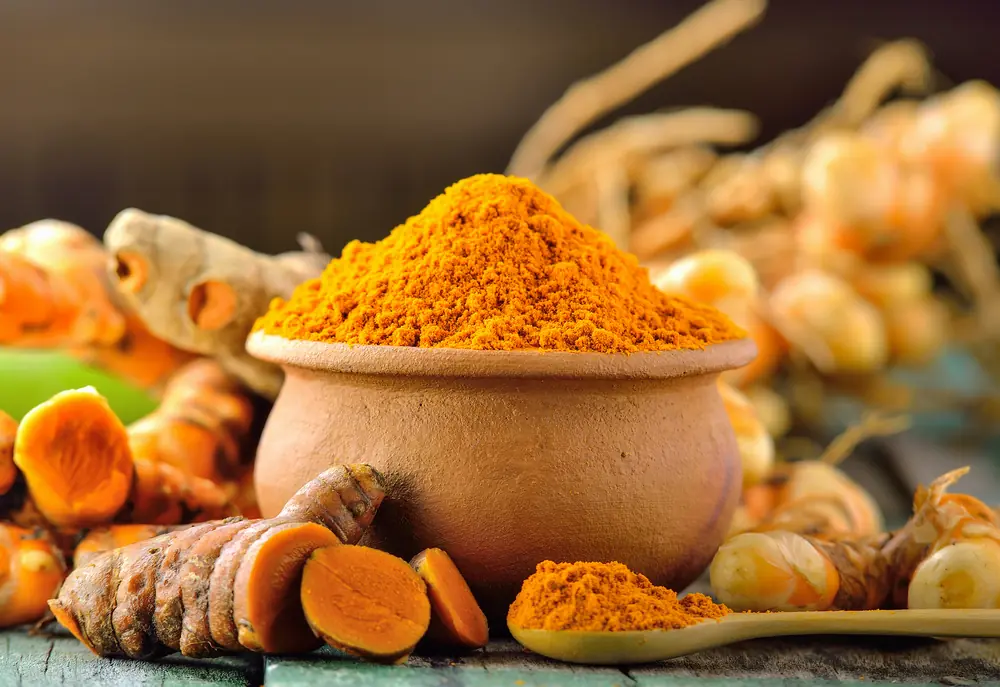
5 habits to prevent colorectal can:cer
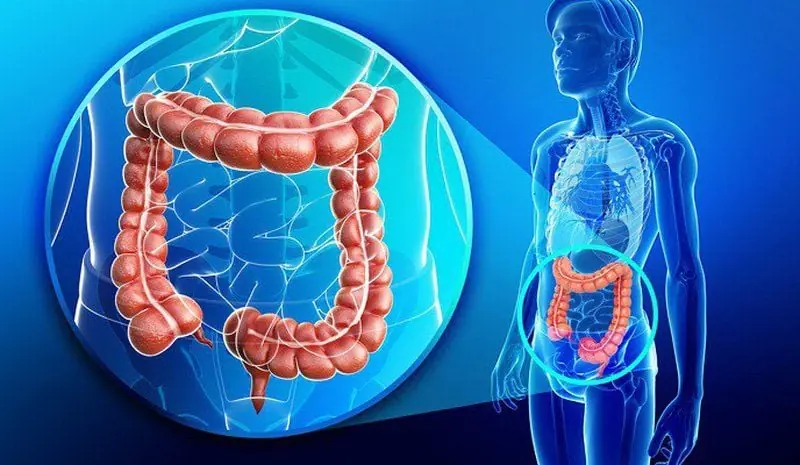
5 Habits to Prevent Colorectal Cancer
Colorectal cancer, which affects the colon and rectum, is one of the most common types of cancer worldwide. While genetic factors and age can increase the risk, lifestyle choices also play a significant role in both the prevention and management of colorectal cancer. Here are five key habits that can help reduce your risk:
1. Eat a Fiber-Rich Diet
A diet high in fiber has been shown to reduce the risk of colorectal cancer. Fiber, found in fruits, vegetables, whole grains, and legumes, helps to promote healthy digestion and regular bowel movements. It also helps to reduce the time that potential carcinogens spend in the digestive tract. Aim for at least 25–30 grams of fiber per day to keep your digestive system healthy.
Tip: Include a variety of fiber sources in your diet, such as leafy greens, berries, beans, and whole grains like oats and brown rice.
2. Maintain a Healthy Weight
Being overweight or obese increases the risk of developing colorectal cancer. Excess body fat, particularly abdominal fat, can lead to chronic inflammation and increase insulin resistance, both of which are associated with an elevated risk of cancer. Maintaining a healthy weight through a balanced diet and regular physical activity is one of the most important steps you can take to prevent colorectal cancer.
Tip: Regular exercise, such as walking, jogging, or cycling, combined with healthy eating, can help you achieve and maintain a healthy weight.
3. Limit Processed and Red Meat Consumption
Processed meats, such as sausages, hot dogs, and bacon, and red meats like beef, pork, and lamb have been linked to an increased risk of colorectal cancer. These meats contain substances that may increase the likelihood of cancer, particularly when consumed in large amounts over time. Reducing or eliminating these foods from your diet can significantly lower your cancer risk.
Tip: Choose lean proteins like chicken, turkey, or plant-based sources like tofu, lentils, and nuts. If you eat red meat, limit consumption to a few times per week.
4. Don't Smoke
Smoking is a well-known risk factor for many types of cancer, including colorectal cancer. The harmful chemicals in tobacco can damage the cells lining the colon and rectum, increasing the risk of cancer. Quitting smoking is one of the most effective ways to reduce your risk of developing colorectal cancer, as well as other cancers and respiratory diseases.
Tip: If you're trying to quit, consider seeking help through counseling, support groups, or smoking cessation programs. The sooner you quit, the greater the reduction in risk.
5. Get Regular Screenings
Colorectal cancer is often preventable through regular screenings, such as colonoscopies, which can detect precancerous polyps early. The American Cancer Society recommends that people at average risk begin screening at age 45. For those with a family history of colorectal cancer or other risk factors, earlier and more frequent screenings may be necessary.
Tip: Talk to your doctor about when to start screening and which type of test is right for you. Early detection can lead to better outcomes.
Conclusion:
While some risk factors for colorectal cancer, such as age and genetics, cannot be controlled, adopting these healthy habits can significantly reduce your risk. Eating a fiber-rich diet, maintaining a healthy weight, limiting processed meats, quitting smoking, and getting regular screenings are all effective ways to protect your health and prevent colorectal cancer.
News in the same category

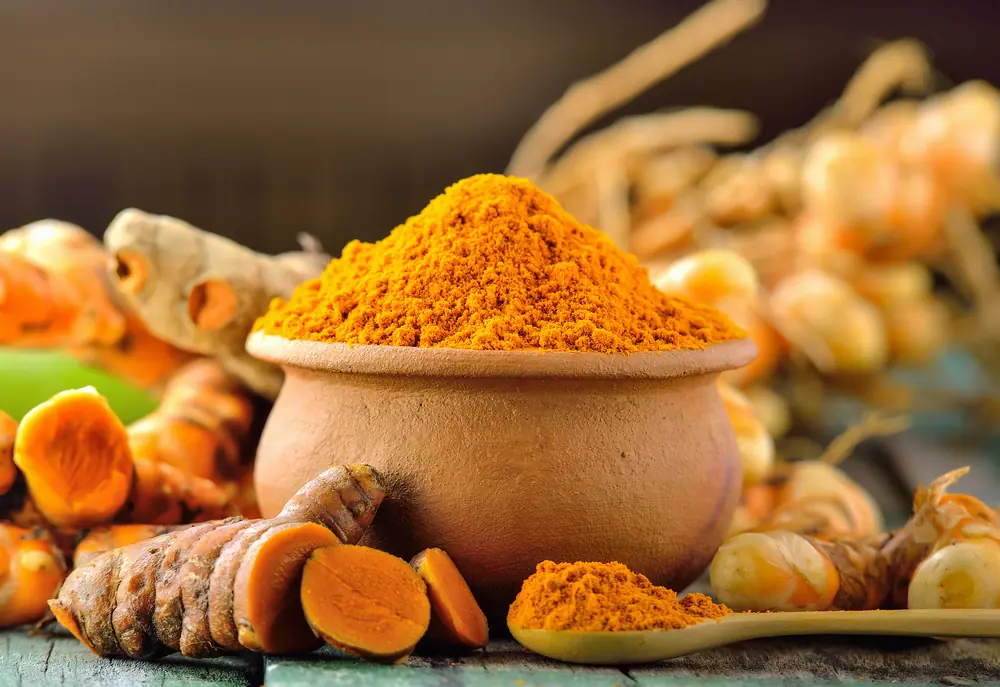
The wonderful health benefits of turmeric for human health
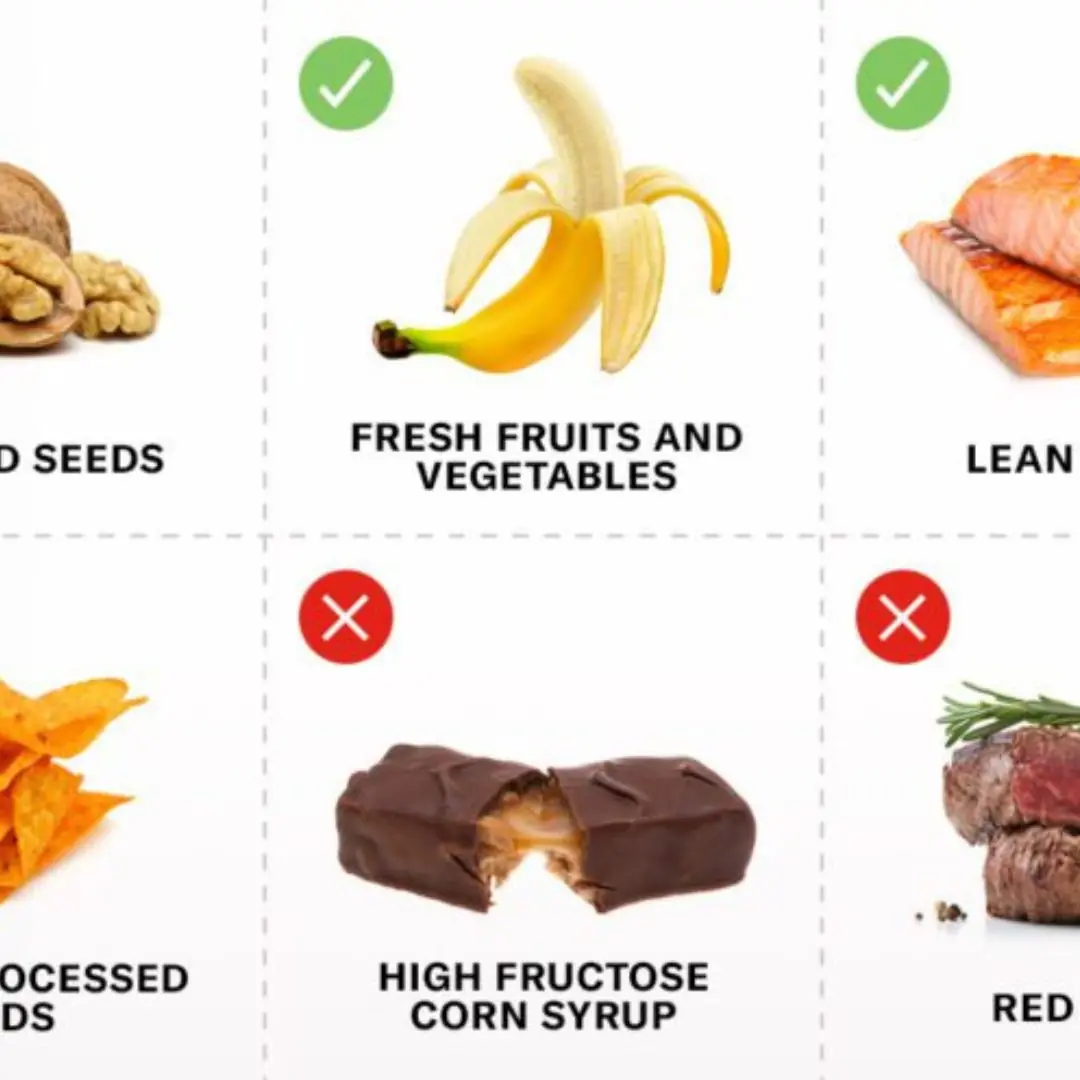
What To Eat During Your Period: Foods That Help Reduce Cramps and Foods To Avoid
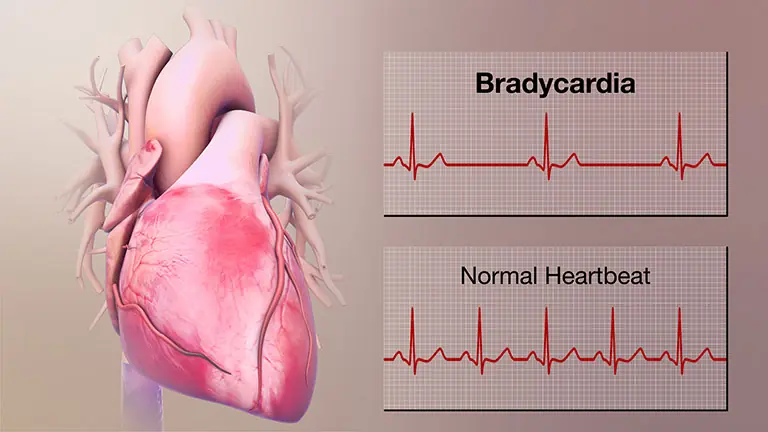
What is the disease of irregular fast and slow heartbeat?

What happens when joints degenerate?
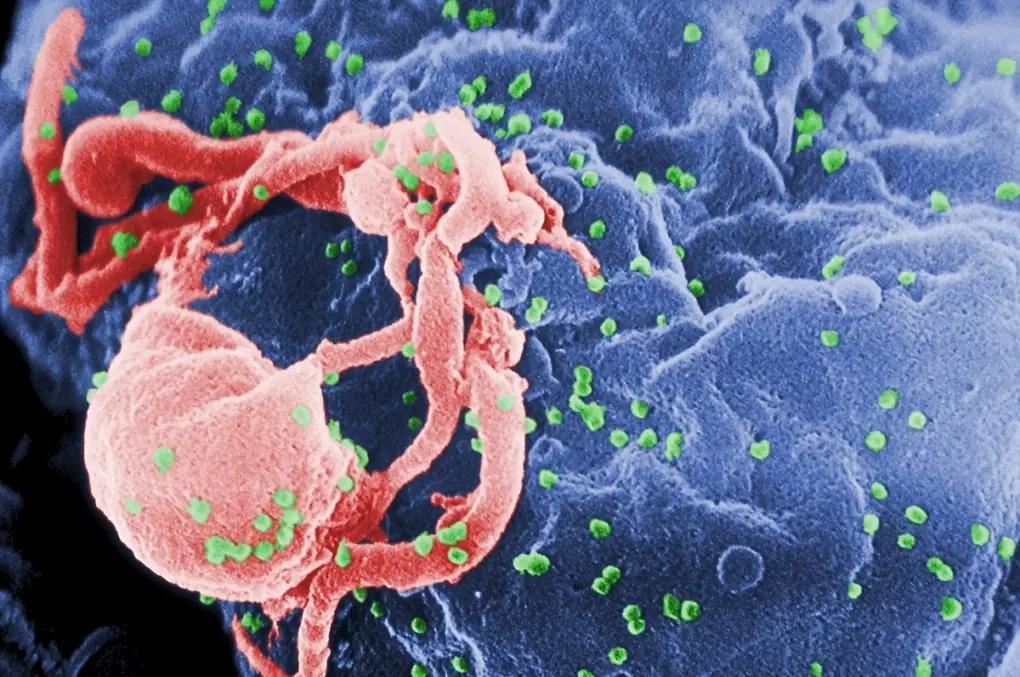
Potential way to cure HIV permanently found

What happens when you eat too much saturated fat?
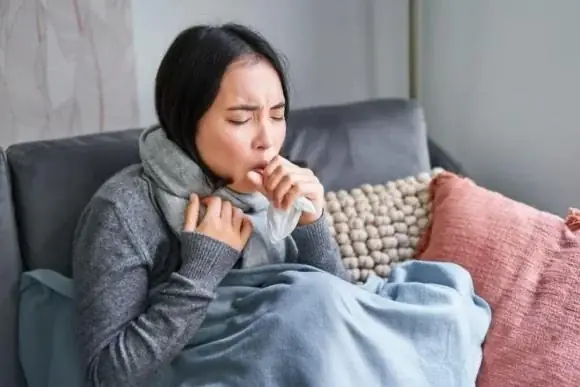
Japanese Doctor Reveals 3 Everyday Foods That Naturally Boost Immunity and Reduce Frequent Illness

Can.cer May Reveal Itself Through These 2 Nighttime Warning Signs — Everyone Should Be Aware

5 warning signs of oral can:cer

15 Years Can.cer-Free: Japanese Doctor Shares 5 Simple Habits to Keep Can.cer Cells from Returning
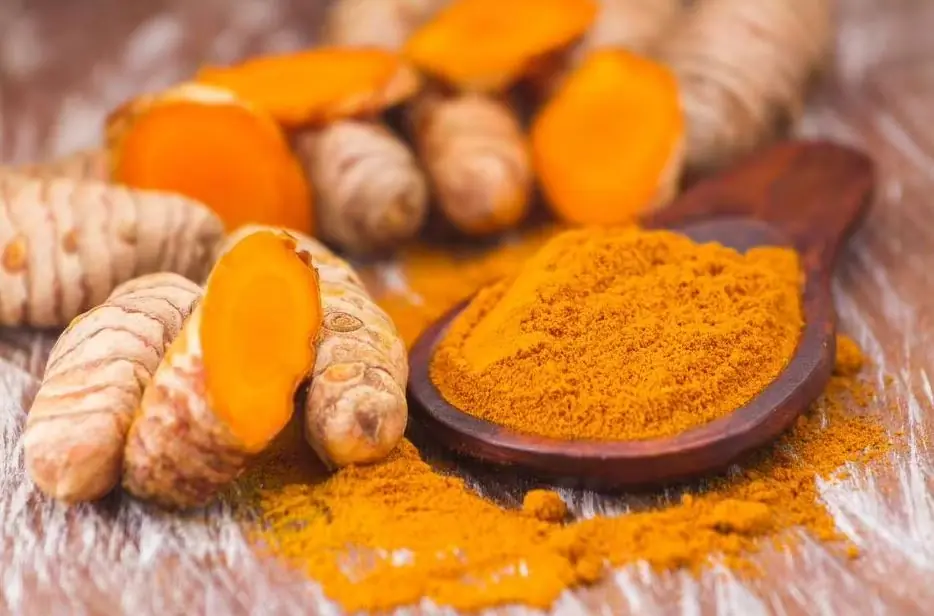
Diabetics are ‘very afraid’ of a spice that is abundant in the market: American experts say it is ‘as good as prescription drugs’

Rub Ginger on the Soles of Your Feet Before Bed, and You’ll Experience Its “Miraculous” Health Benefits

What happens to your body if you drink orange juice every day?

A cup of hot water can offer many health benefits

Otitis media – the “hidden culprit” causing vestibular disorders that many people ignore

Don't drink water before bed but still urinate at night, beware of these 3 diseases

4 changes in fingers that could be signs of lung can.cer

8 symptoms of kidney fai.lure you should never ignore
News Post

The wonderful health benefits of turmeric for human health

How To Grow Sweet Potatoes: Ultimate Care & Growing Guide

The wonderful health benefits of turmeric for human health

Growing Beautiful Bell Peppers in Sunny SoCal

Should you turn the lights on or off when sleeping in a hotel?

10 Brilliant Uses For Eggshells In Your Garden

What To Eat During Your Period: Foods That Help Reduce Cramps and Foods To Avoid
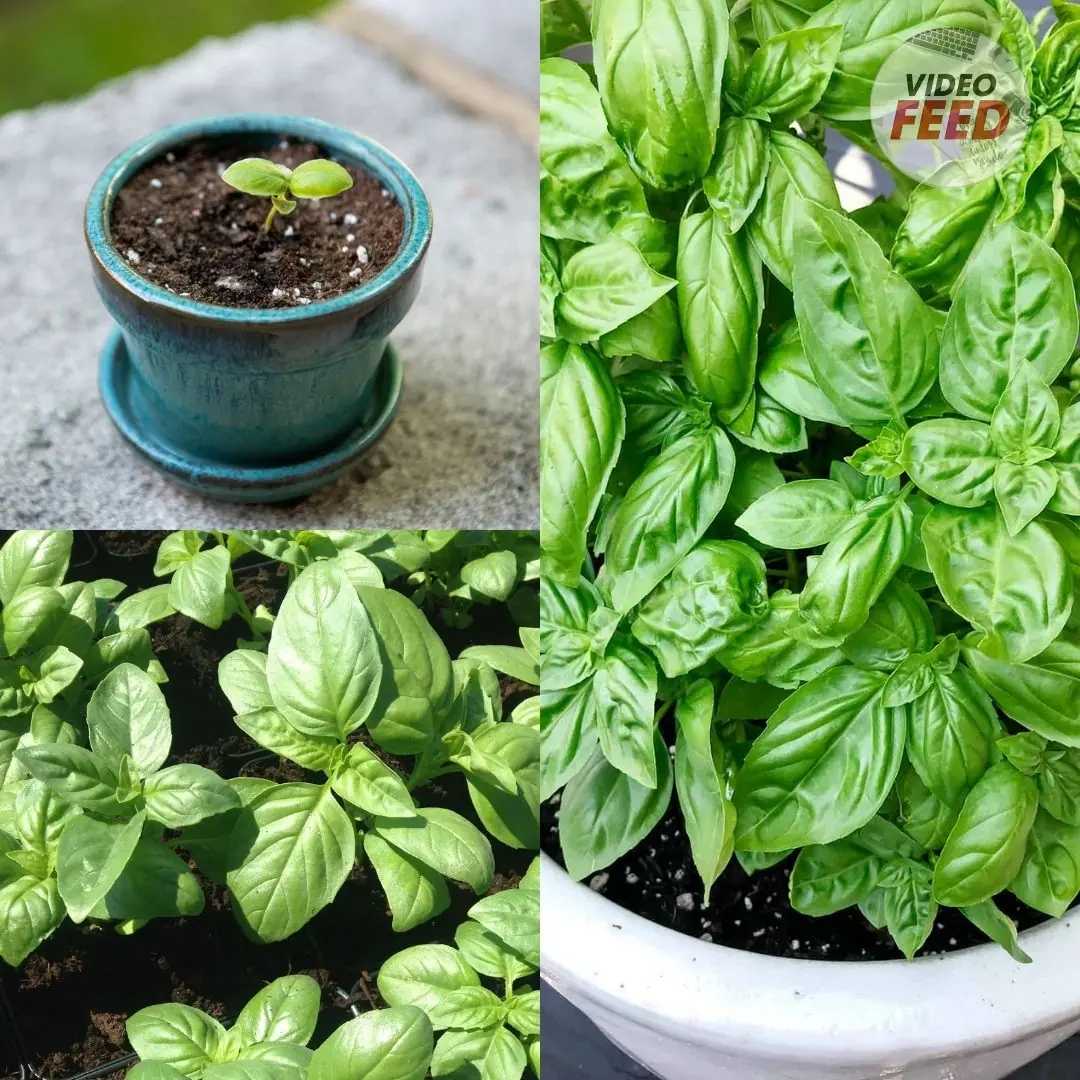
5 Tips to Grow Basil Like a Boss

RM, V, Jung Kook, and Jimin will soon be discharged from the military

What is the disease of irregular fast and slow heartbeat?

How many eggs should you eat a week?

What happens when joints degenerate?

Potential way to cure HIV permanently found

What happens when you eat too much saturated fat?

Transform your garden with the magic of turmeric!

Japanese Doctor Reveals 3 Everyday Foods That Naturally Boost Immunity and Reduce Frequent Illness

Is Tightly Wrapped or Loosely Wrapped Cabbage Better?

3 Common Mistakes When Eating Shrimp That Strip Away All Its Nutrients — Especially the Second One
